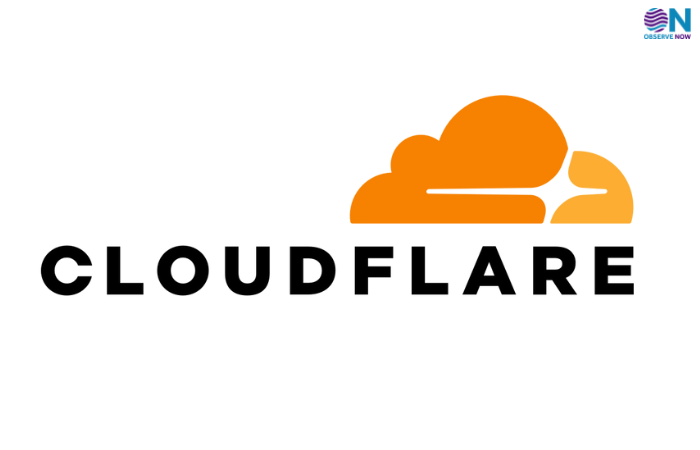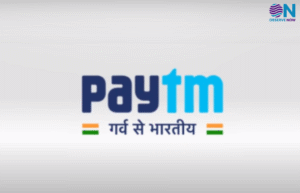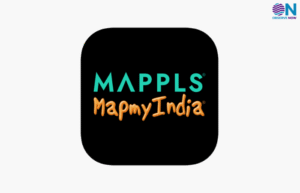Cloudflare Launches Pay-Per-Crawl Feature to Help Websites Monetize AI Bot Traffic and Regain Control

In a decisive move to address growing concerns around content scraping by artificial intelligence systems, Cloudflare has launched a new feature allowing website owners to charge AI companies for bot access to their data. The initiative, known as “Pay‑Per‑Crawl,” empowers digital publishers, developers, and businesses to regain control over how their content is accessed, used, and monetized in the AI era.
The new tool enables web administrators to identify and block unauthorized AI bots while allowing them to set customized access fees for those they approve. This approach replaces the historically open model of AI web crawling—which often results in large language models ingesting massive volumes of data without compensating content creators. Cloudflare’s system creates a monetizable permission layer that could reshape the relationship between content providers and AI firms.
According to Cloudflare, the tool is launching amid an urgent industry need for transparency and sustainability. As generative AI models like OpenAI’s GPT and Google Gemini grow in sophistication, their hunger for high-quality training data has led to large-scale content harvesting from publicly available websites. However, this has not translated into proportional traffic or revenue for the original content providers.
Stephanie Cohen, Chief Strategy Officer at Cloudflare, emphasized that the company’s solution aims to “restore fairness” to the web ecosystem. “We believe content creators deserve to be compensated for the value they provide to AI systems. Pay‑Per‑Crawl offers a scalable, transparent way to manage that relationship, while allowing AI innovation to continue responsibly,” she said in a press statement.
Cloudflare’s internal analytics shed light on the scale of the imbalance. Google’s crawler now makes 18 visits to a site for every one referral click it sends, up from a 6:1 ratio just six months ago. OpenAI’s web crawler, meanwhile, demonstrates an even starker disparity—roughly 1,500 crawls for every single referral, underscoring the minimal engagement AI bots generate relative to their data consumption.
Major publishers and digital platforms are already welcoming the change. Companies such as Condé Nast, the Associated Press, Reddit, Pinterest, Gannett, Time, The Atlantic, BuzzFeed, and Stack Overflow are among those advocating for more structured AI bot governance. Many of them have previously expressed frustration over unregulated scraping and the absence of an industry-wide monetization model for AI training data.
The Pay‑Per‑Crawl feature arrives alongside a broader suite of anti-bot tools Cloudflare is rolling out. These include the ability to block known AI crawlers by default on new customer domains, and a novel feature called “AI Labyrinth”—a trap designed to ensnare and confuse unauthorized crawlers using deceptive patterns and decoy content. Together, these offerings form what Cloudflare calls its “AI defense stack,” aimed at helping the internet retain integrity as it transitions into the AI-dominated phase of content interaction.
Beyond the technical and financial implications, Cloudflare’s announcement also signals a cultural shift. Publishers and content creators are increasingly vocal about the need for consent and compensation in the AI era. Critics have argued that unlicensed data scraping erodes the incentive to produce high-quality original work—especially as referral traffic declines due to AI-generated summaries replacing visits to actual source material.
Cloudflare’s new model aims to create a balance that encourages AI advancement without compromising the business viability of the websites that feed these systems. For now, industry observers are watching closely to see whether other infrastructure players adopt similar frameworks and whether major AI developers opt into the Pay‑Per‑Crawl ecosystem or seek alternate data sources.
As AI models continue to scale and content becomes increasingly machine-consumed, Cloudflare’s move may mark the beginning of a new economic model—one that gives websites agency and rewards original creators in the evolving digital landscape.
















